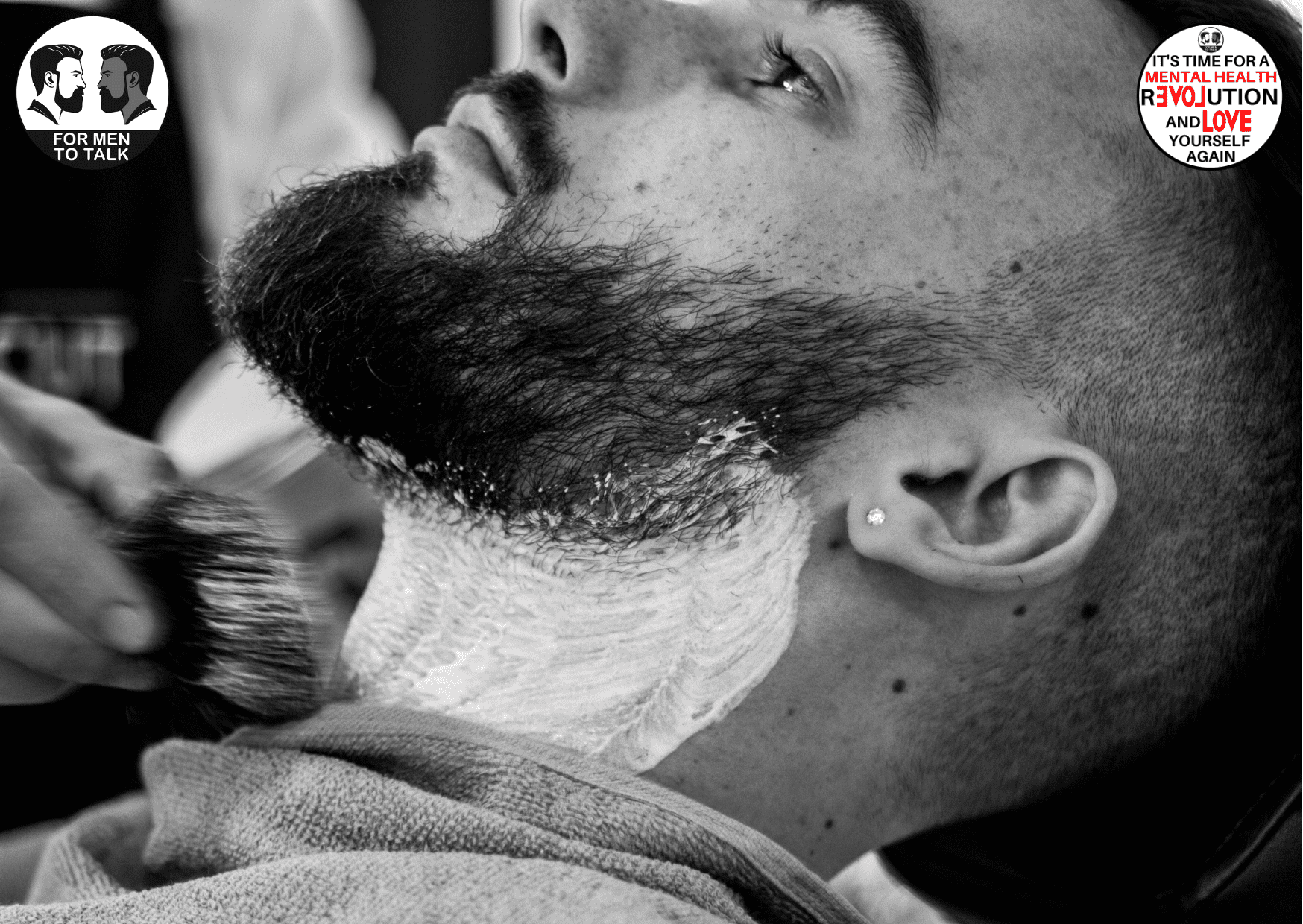Growing a beard for the first time

Growing a beard for the first time can be an exciting and intimidating experience. Here are some tips to help you through the process:
- Be patient: Growing a beard takes time, and it may take several weeks or even months for your beard to reach its full potential. Don’t get discouraged if your beard doesn’t look how you want it to right away.
- Keep it clean: It’s important to keep your beard clean to prevent skin irritation and promote healthy growth. Use a beard-specific shampoo and conditioner to keep your beard soft and clean.
- Use beard oil: Beard oil can help to hydrate and condition your beard, and it can also help to prevent itching and flakiness.
- Trim it regularly: As your beard grows, you’ll need to trim it to keep it looking neat and tidy. Invest in a good pair of scissors or clippers, and take your time when trimming to avoid any mistakes.
- Be mindful of your diet: Your diet can have an impact on your beard growth. Make sure you’re getting enough protein, vitamins, and minerals to promote healthy hair growth.
- Embrace your unique style: Every beard is different, so don’t be afraid to experiment with different styles and shapes to find what works best for you.
There could be a number of reasons why someone may have difficulty growing a beard. Here are a few possible explanations:
- Genetics: Beard growth is largely determined by genetics. If your father or grandfather had difficulty growing a beard, it’s possible that you may have inherited similar genes.
- Hormonal imbalances: Testosterone is a hormone that is primarily responsible for facial hair growth in men. If you have a hormonal imbalance, it could affect your ability to grow a beard.
- Age: Younger men may not have fully developed facial hair yet, and it may take several years before they are able to grow a full beard.
- Nutritional deficiencies: Your diet can also affect beard growth. If you’re not getting enough of certain vitamins and minerals, such as vitamin D or biotin, it could hinder beard growth.
- Skin conditions: Certain skin conditions, such as eczema or psoriasis, can affect hair growth on the face.If you’re concerned about your ability to grow a beard, you may want to speak with a doctor or dermatologist to rule out any underlying medical conditions. They may also be able to offer advice on how to promote facial hair growth.